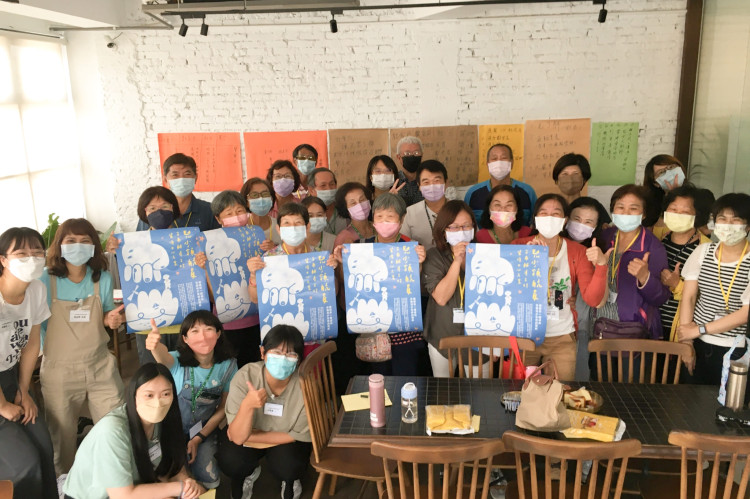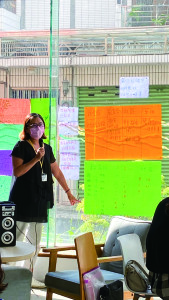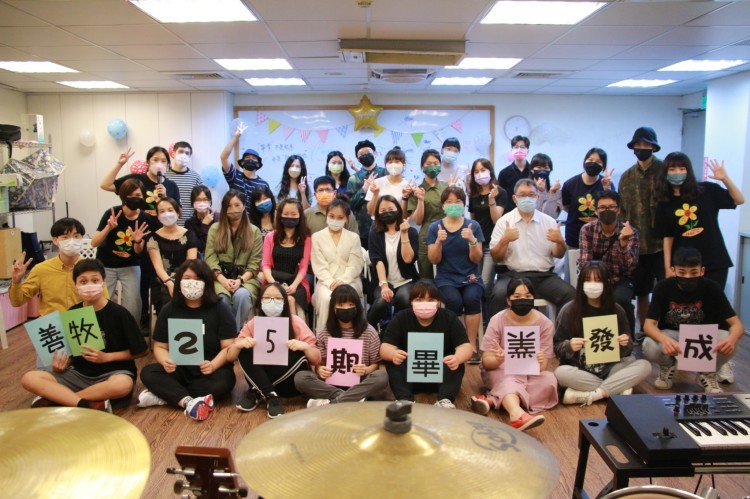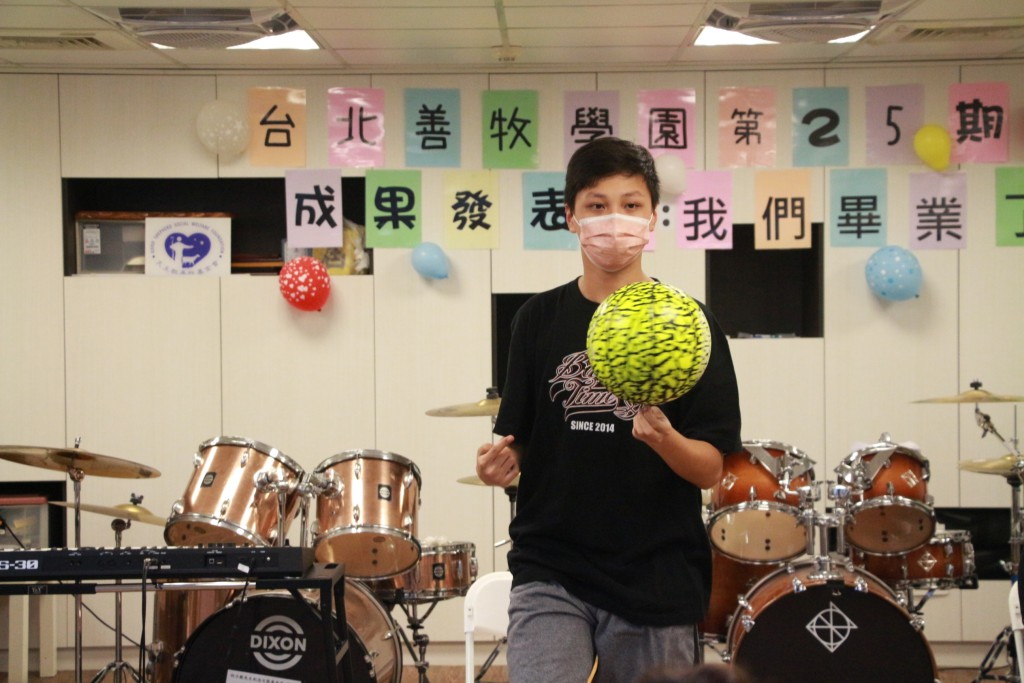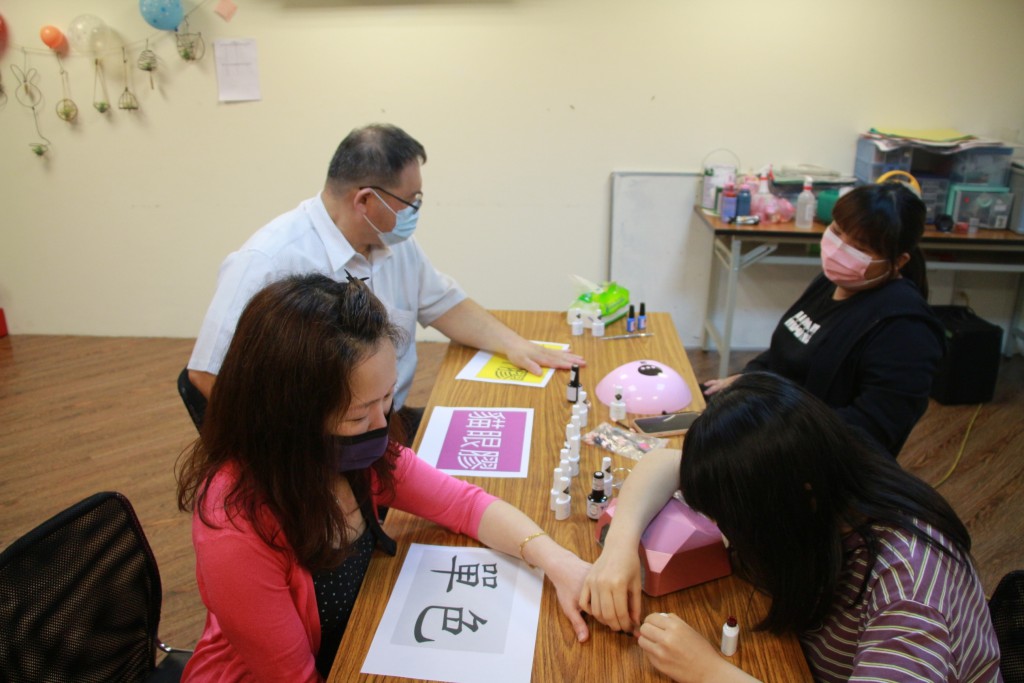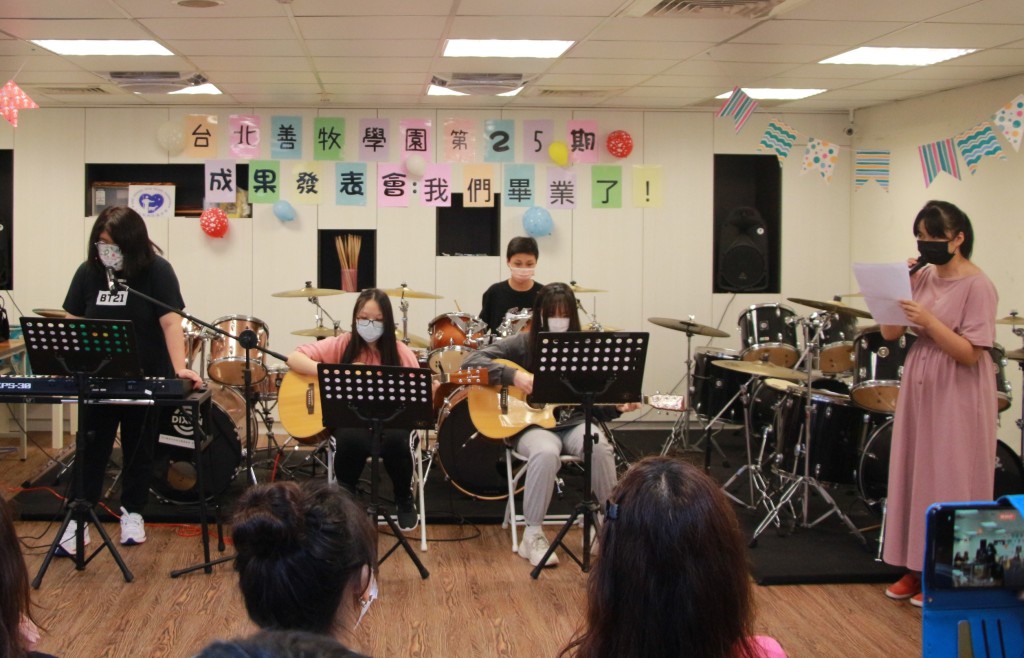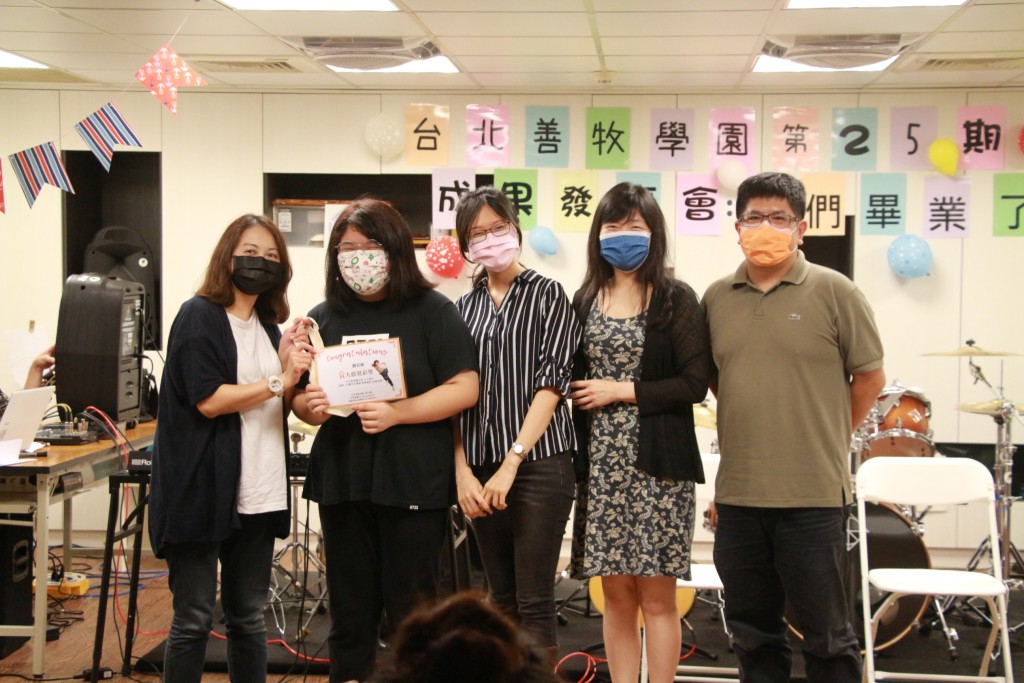The Law for Child Witnesses of Domestic Violence is on its seventh year this year and to make services more complete, the Good Shepherd Foundation has been promoting the Youth and Child Guidance and Development Plan this year, allowing each child living in fear and uncertainty, be covered by the system and grow up safely. Communities, network cooperative units, kindergartens, schools and student counseling centers have been invited to join focus groups to understand the needs and difficulties of each party, hoping to have a sturdier safety network in the future and be able to instantly get hold of each child in need.
This year, Tainan Center, Taipei Children Center and New Taipei Children Center under the Good Shepherd Foundation are undertaking the Ministry of Health and Welfare Youth and Child Guidance and Development Plan and hoping that by stepping into the frontline, can meet workers for youth and child witnesses and assist them to help these child witnesses. The Tainan Center indicates that as of now, measures for counseling of youth and child witnesses are as follows: If the child is into schooling, the Domestic Violence and Sexual Assault Prevention Center will notify the Counseling Room in school and introduce counseling resources to help the child. If the child is still in pre-school (0-6 years old), professional counseling resources like the Good Shepherd Foundation will be linked up to give assistance.
However, kindergarten teachers or community staff members in the front line who get in contact with child witnesses may not necessarily be sensitive and be able to recognize the needs of the child at the first possible instance. Tainan Center shares with us, kindergartens are unlike elementary, or junior or senior high schools having a Counseling Room. The Director of a kindergarten once said that they received a notice about eye witnessing from the Department of Education but felt helpless as they did not know how to help in such situations.
In order to enhance the professional knowledge of frontliners and understand the needs and difficulties of each unit, the Tainan Center Youth and Child Guidance and Development Plan held 5 sessions of focus point group activities starting on June 21, directed at community leaders, network cooperative units, kindergarten directors and teachers in schools and guidance counseling centers. Director Huang Jao-Xin and Supervisor Pan Mei-Chun of the Social Force Development Research Center at the Chang Jung Christian University were invited to gather everyone’s idea through the KJ Brain Storming Method of Tokyo humanist Kawakita Jiro.
The directors of kindergarten schools also divulged that most of them lack counseling expertise on child witnesses and are not aware of how to do counseling or how to talk with the parents. They hope that in the future, the Department of Education – Student Counseling Division and Special and Pre-School Education Division can help provide related resources and assistance. Aside from these, teachers lack sensitivity on this matter and may not be able to identify and overlook danger when dealing with such cases and thus hope to have an experienced social worker present to render assistance.
On the side of community leaders and related network groups, they discussed having a more complete mechanism on transfer procedures within government units and agencies. They also suggested to include other related groups such as religious organizations. Besides providing spiritual support, some religious groups offer extracurricular classes and may encounter cases related to eye witnesses. By gathering strength from different groups in the society, we can work together to weave a closer and complete social safety network. After the activity, Good Shepherd Tainan Center compiled all the ideas to be used as reference for the Tainan Counseling and Support Resource Center Youth and Child Guidance and Development Plan and for further policy discussions with local and central authorities.

